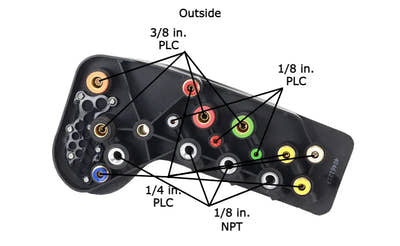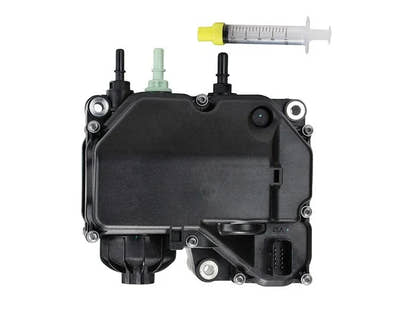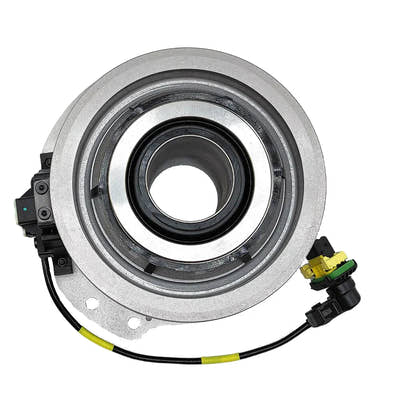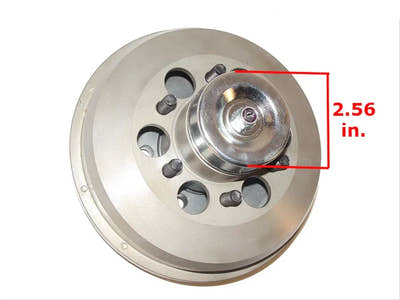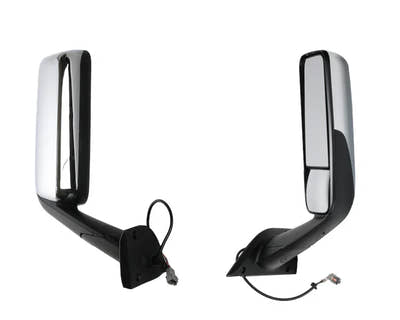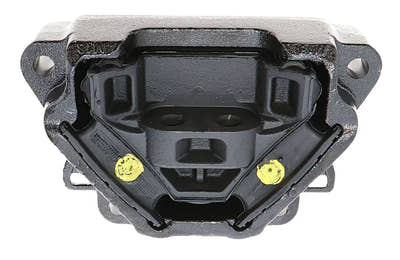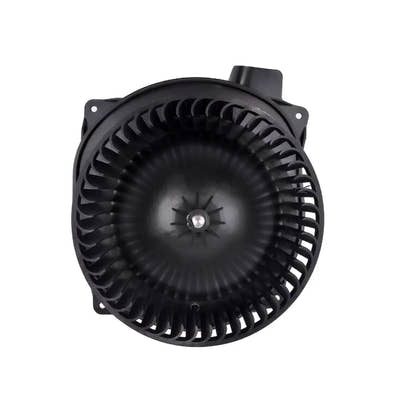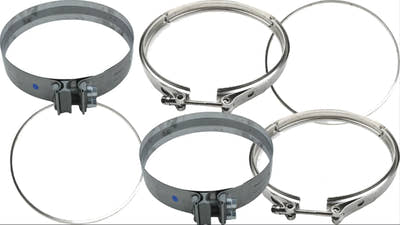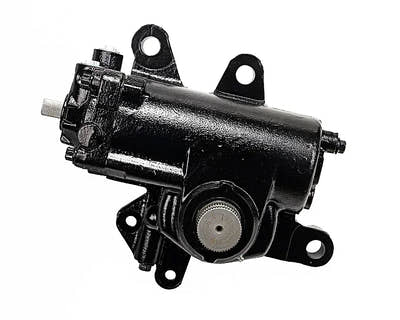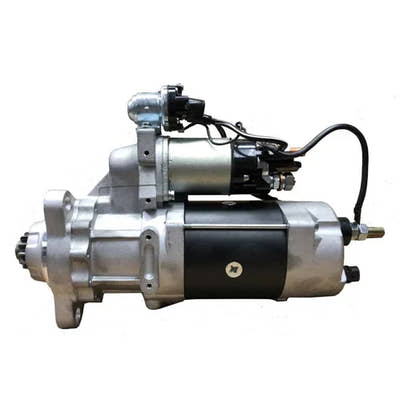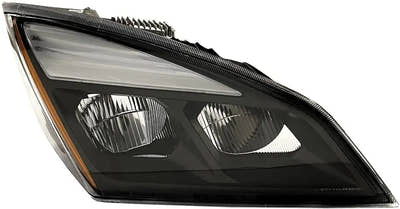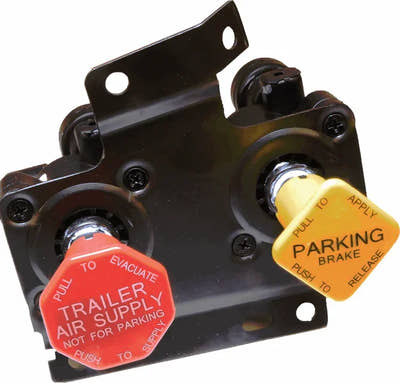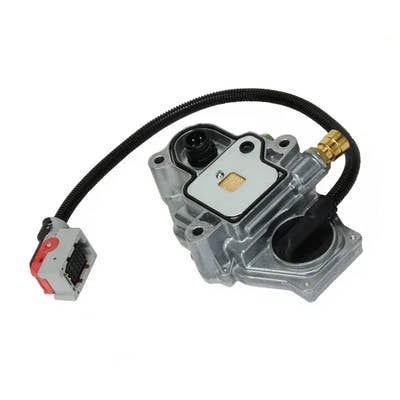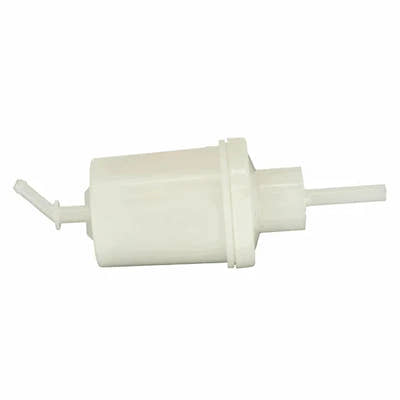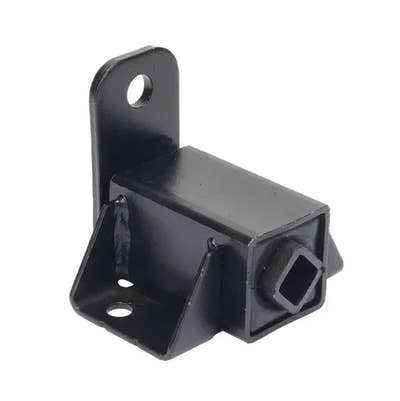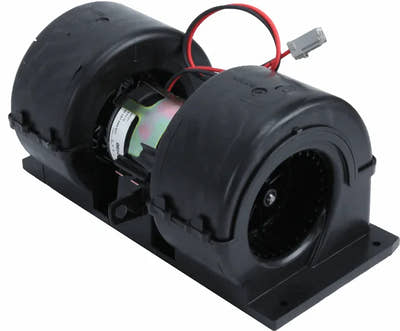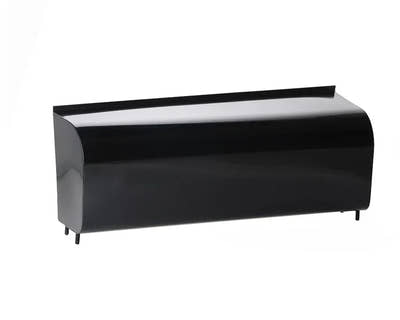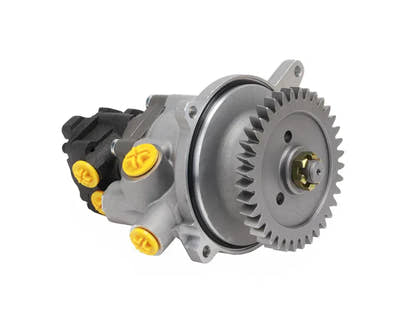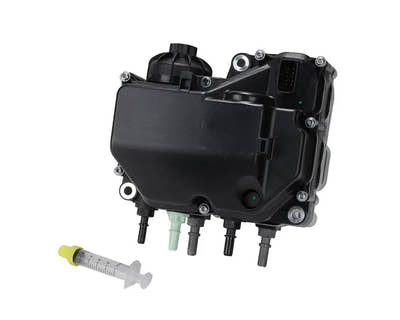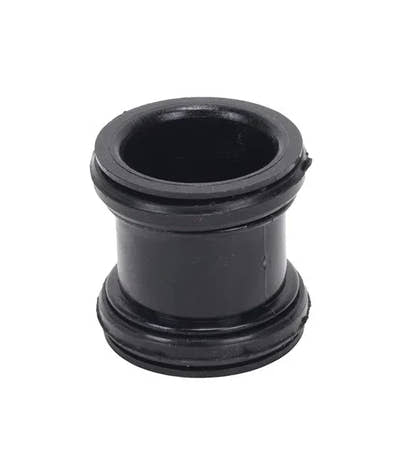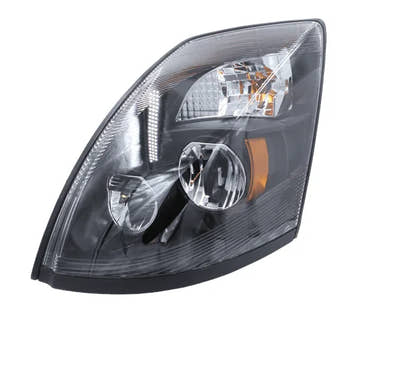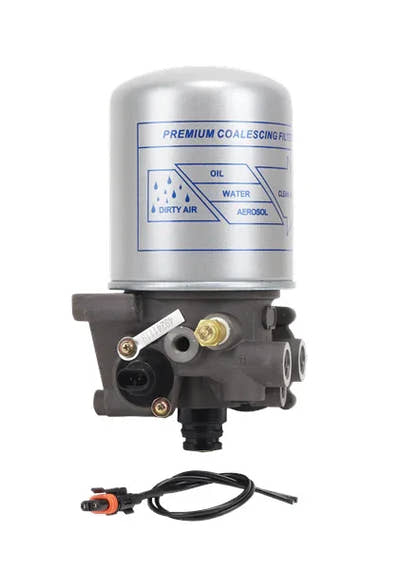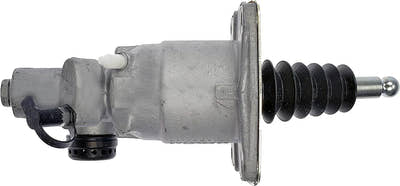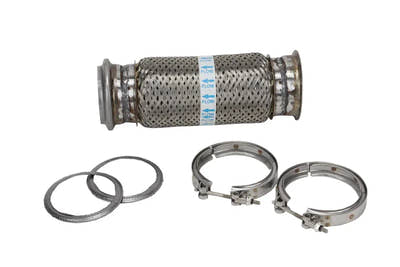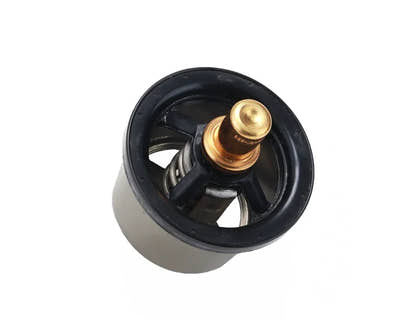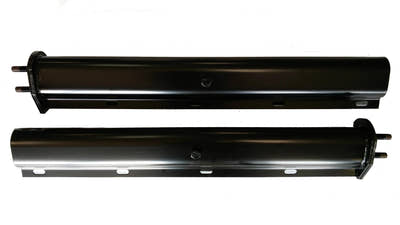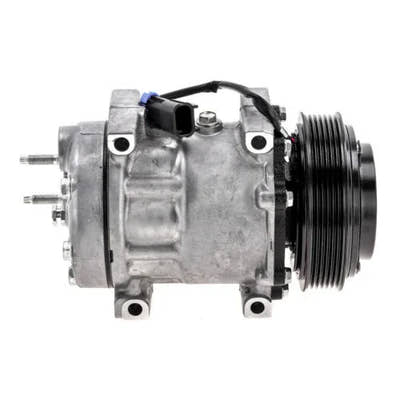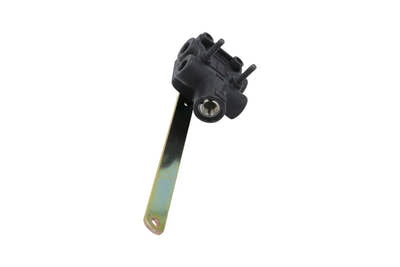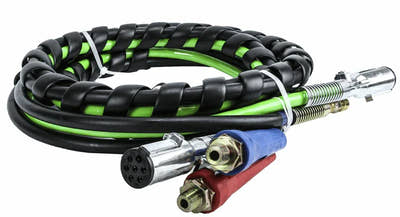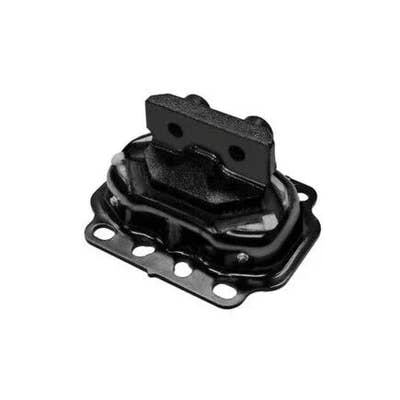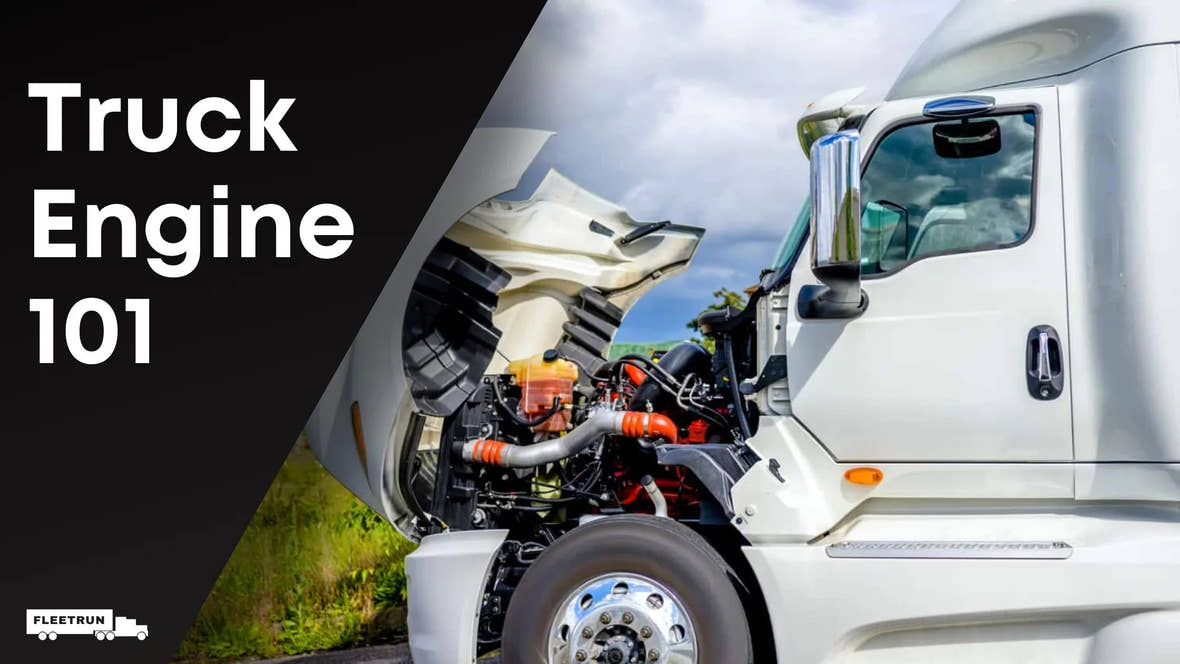
How to Maintain Your Truck's Engine in Good Health
Maintaining your truck’s engine is probably the most important part of truck maintenance. After all, the engine is what makes the truck move. A healthy engine will keep you safe, save on fuel, and prevent any ‘wallet leaks’. Make sure you follow these 5 tips to keep your engine working for many years ahead:
1. Regular Oil and Filter Changes

This is one of the easiest-to-forget measures when it comes to engine maintenance, so keeping track of your past oil changes in a fleet management software or in a notebook will be helpful. Over time, oil becomes contaminated with dust, dirt, and debris, which can damage engine performance. We recommend changing your oil and filter every 15,000 to 30,000 miles, or as specified in the truck’s manual.
2. Maintain the Cooling System

The radiator and coolant systems should always be in good condition to avoid overheating. Regularly check the coolant levels and top up as necessary. We recommend replacing your coolant every 100,000 miles to avoid any issues that may arise.
3. Monitor and Replace Fluids

Besides oil and coolant, other essential fluids include power steering fluid and windshield washer fluid. These fluids should be looked at during regular maintenance checks and replaced if needed. Power steering fluid keeps the steering mechanism running smoothly, while windshield washer fluid is essential for visibility and should be replenished frequently, especially in adverse weather conditions.
4. Inspect and Replace Filters

All filters should be checked and clean as a part of the periodical preventative maintenance. The air filter ensures that clean air reaches the engine, which is necessary for efficient combustion. A clogged air filter will reduce engine performance and fuel efficiency. The fuel filter prevents contaminants from entering the fuel system, ensuring clean fuel reaches the engine. Regularly inspecting and replacing these filters can prevent many common engine problems.
5. Perform Regular Inspections and Tune-Ups

Regular engine inspections and tune-ups by a professional can catch issues before they become major problems. These inspections should include checking the engine's compression, and ensuring all the other components are in good working order. Scheduled tune-ups will improve engine performance, increase fuel efficiency, and extend the lifespan of your truck.
Conclusion
With that said, your engine should be in great condition if you follow these tips religiously. Engine maintenance is not just for the sake of saving yourself from costly repairs, it’s essential for ensuring safe driving conditions. Keep hauling!
